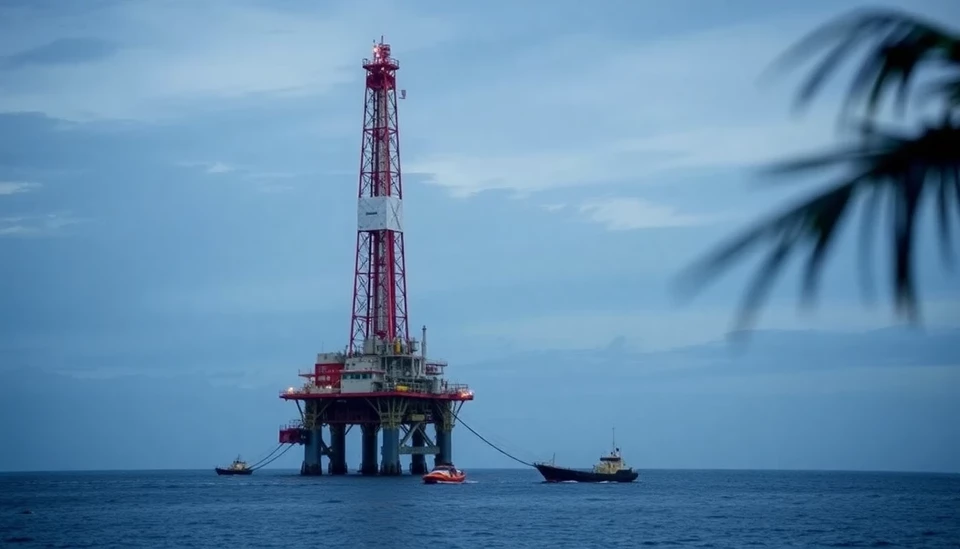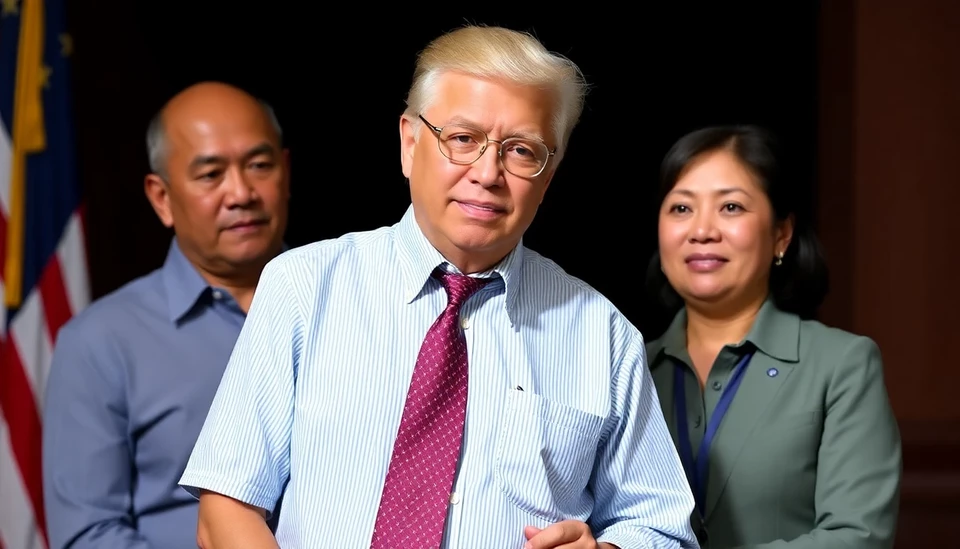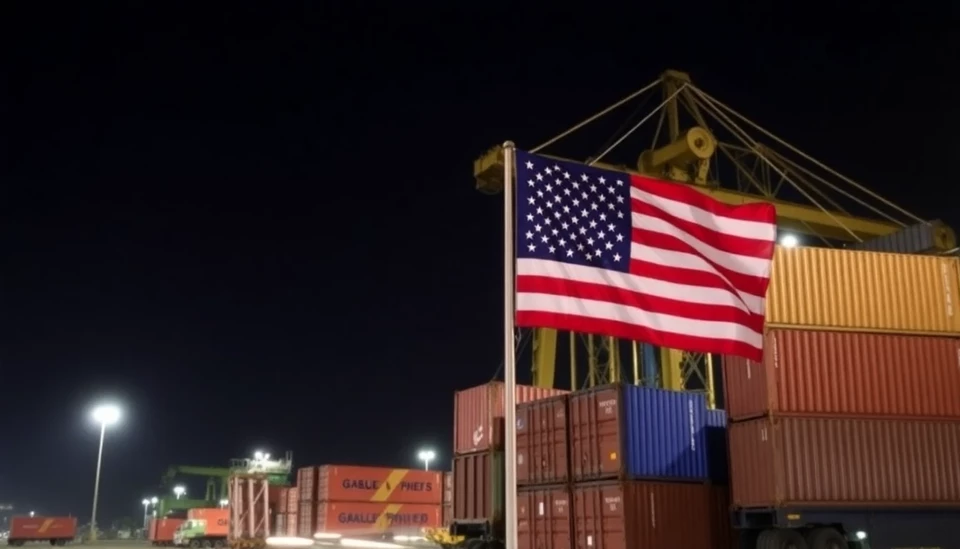
In a significant shift in international investment dynamics, a host of American energy firms are turning their gaze towards the Philippines. This comes in the wake of stalled oil drilling activities in the South China Sea, particularly related to ongoing territorial tensions between China and the Philippines. The conflict, intensified by recent geopolitical developments, has created a ripe environment for US companies to explore potential projects in this Southeast Asian nation.
The backdrop of this strategic pivot revolves around a series of diplomatic and military maneuvers that have characterized relations in the South China Sea. China has aggressively asserted its claims over the area, which encompasses vital shipping lanes and potentially lucrative oil and gas reserves. The Philippines, backed by the United States and other allies, has been increasingly vocal in opposing these claims, leading to heightened military encounters and diplomatic scuffles between the two nations.
As tensions escalate, American firms are seizing the opportunity to engage with the Philippines on energy projects. Notably, there is a growing interest in the exploration and development of oil and gas resources that the Philippines could offer, especially in areas that remain untapped due to geopolitical concerns. Experts opine that this influx of US investment could play a crucial role in bolstering the Philippines’ energy independence, as well as contribute to the country's economic development.
The Philippine government appears to be keen on inviting US investments, viewing this as a strategic move to bolster their energy sector and reduce reliance on imported fossil fuels. This not only aids in securing energy resources but also aligns with the country's broader goals of enhancing national security amid regional uncertainties.
The shifting tides in energy investments underscore the increasing complexities of global geopolitics, where energy diplomacy is becoming a focal point in international relations. With the ongoing China-Philippines tensions hampering drilling in contested waters, US companies are finding themselves presented with new avenues for business ventures, at a time when the demand for energy is on the rise globally.
The potential for collaboration is vast, with several key areas identified for joint ventures that could benefit both the Philippine economy and US energy stakeholders. From renewable energy sources to traditional oil and gas operations, the Philippines is positioning itself as a new frontier for US energy investments.
As this narrative unfolds, it will be imperative to monitor how these developments may influence diplomatic relations in the region and the broader implications for energy security and economic growth within the Philippines. In the face of geopolitical challenges, the pathway for future collaborations between American firms and the Philippines seems promising, potentially leading to a stronger strategic partnership that benefits both parties.
In conclusion, the American pivot towards the Philippines amidst the hurdles posed by China is a story of opportunity born out of necessity. As both nations navigate their respective challenges, the potential for a prosperous energy relationship appears to be on the horizon, marking a new chapter in the region's energy landscape.
#Philippines #USInvestments #EnergySector #Geopolitics #SouthChinaSea #OilAndGas #EconomicGrowth
Author: John Harris




